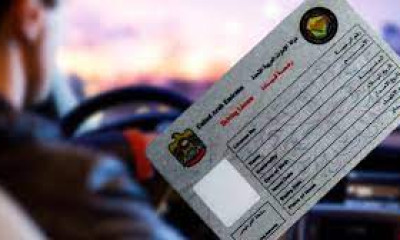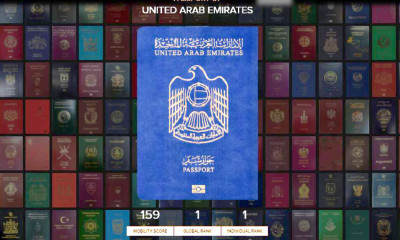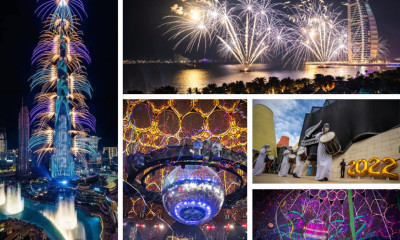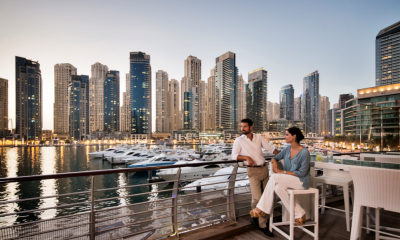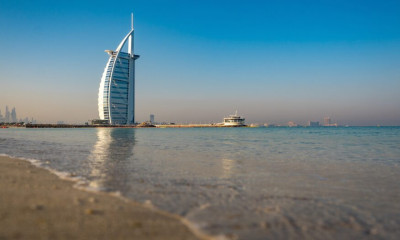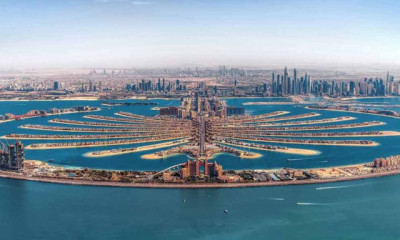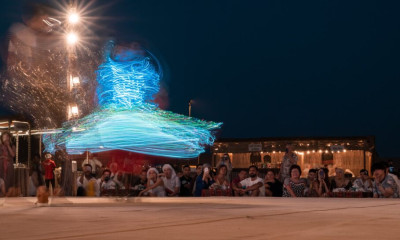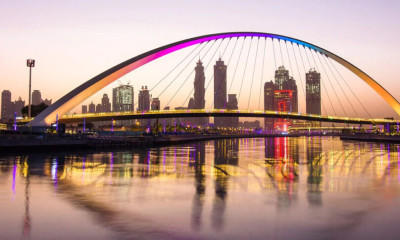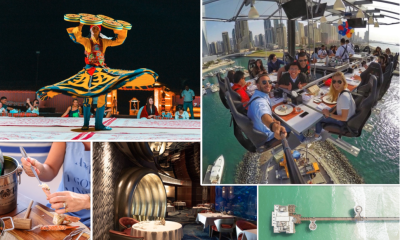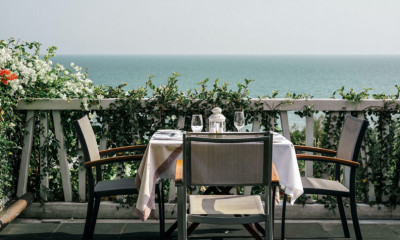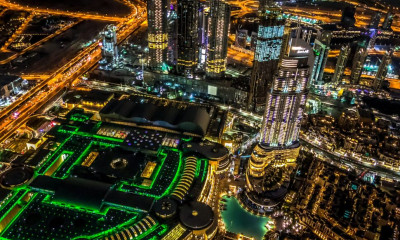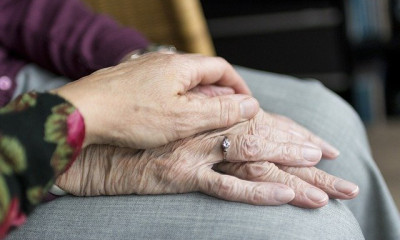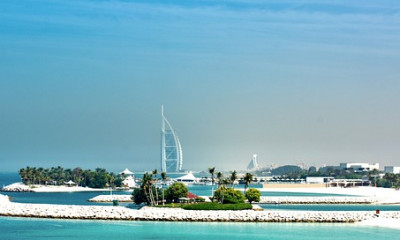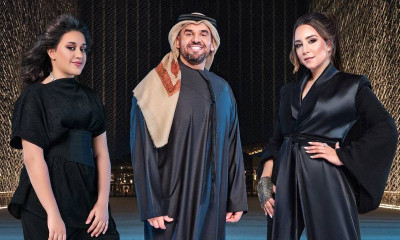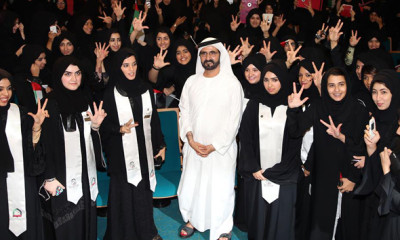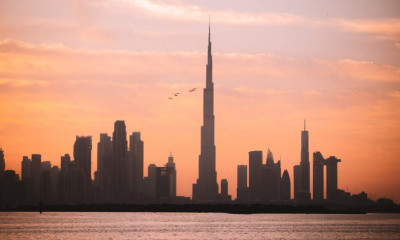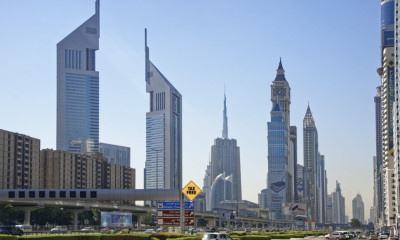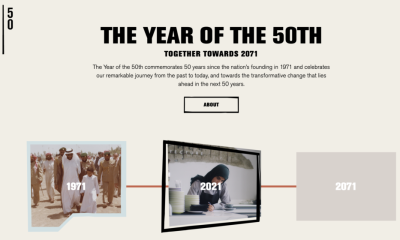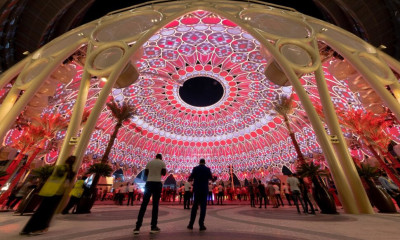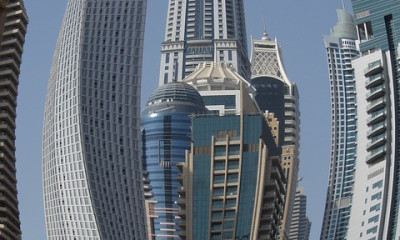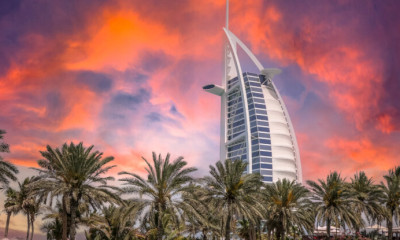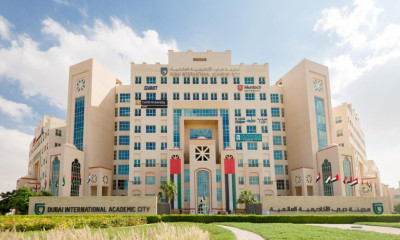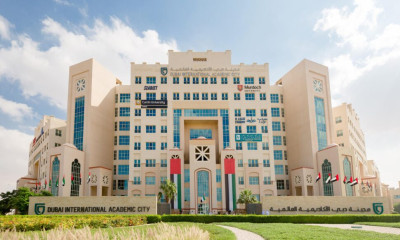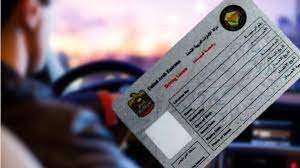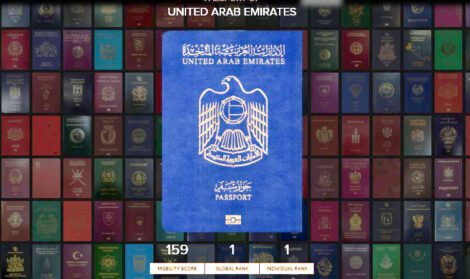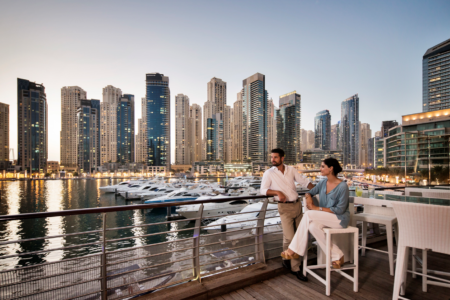
Inheritance has been described as a sort of a legal and fictitious continuation of the personality of the dead man. A Will is a testament that declares the intention of the person about his wealth and property which he wants to be executed after his death. If one dies without making a Will, his wealth will be inherited by the heirs according to the inheritance laws of the land. If you die without a Will, those wishes may not be carried out. Further, your heirs may be forced to spend additional time, money and emotional energy to settle your affairs after you’re gone. Wills can vary in their effectiveness, but no document will likely resolve every issue that arises after one’s death. One can prepare a valid document but to be completely sure everything is in order go for it getting prepared by an attorney.
You can decide who gets what and how much. You can keep your assets out of the hands of people you don’t want to have. One can identify who should care for your children. Without a Will, the courts will decide. Your heirs will have a faster and easier time getting access to your assets. You can plan to save your estate money on taxes. You can also give gifts and charitable donations, which can help offset the estate tax. To maximize the likelihood that your wishes will be carried out, create what’s known as a Testamentary Will – the most familiar type of will – and then sign it in the presence of witnesses. It is arguably the best insurance against successful challenges to your wishes by family members or business associates after you die.

A Will primarily is your direction on how your belongings like bank balances, property or prized possessions should be distributed among your family, relatives and friends. If you have a business or investments, your Will can specify who will receive those assets and when. It also allows you direct
assets to a charity. The Will has a few omissions including pay-outs from the testator’s life-insurance policy as it has specified beneficiaries to receive the proceeds. The same will likely apply to any investment accounts. In addition to directing your assets, a Will states your preferences for who should take over as guardian for your minor children in the event of your death. To prepare a will, one should have a list of assets and debts. Remember to include the contents of safe deposit boxes, family heirlooms, and other assets that you wish to transfer to a particular person or entity. If you wish to leave specific personal property to specific heirs, begin a list of those allocations for eventual inclusion in your will. One does not necessarily need professional help to prepare a valid Will.
According to a report, common mistakes could cause problems after your death and even cost your heirs their inheritance. More than half of British adults have not made a Will. Of those who have, many have not updated their wills for some time, which is reflected in the soaring number of inheritance disputes heard in the High Court. Research from Will writing service Farewill estimates over 30 million people in the UK have still not got around to formalising their intentions. Among the things to consider: Unless you make a will following your marriage, the rules of intestacy apply. It is always a good idea to review your will at key stages in your life. Another thing to bear in mind for families with trusts in place for children is that the majority of married couples appoint their spouse as a trustee — an arrangement that will fail upon divorce. There is a growing shift towards couples choosing to live together and have a family. However, no provision is made in the intestacy rules for unmarried partners. Similarly, no provision is made for stepchildren on intestacy, unless they are formally adopted.
You need to make a will if you want your cohabiting partner or stepchildren to benefit from your estate. The requirements for what makes a will valid varies from country to country. In England and Wales, a Post-it note with your wishes written on it can be sufficient to count as a will, provided it is executed correctly. The signature still has to be handwritten, however. Many companies are now offering to produce wills online, but for a will to be valid, it still needs to be printed and signed by hand. Following death, will become public documents. Nearly three-quarters of people who left specific wishes about their funeral arrangements requested that they be cremated. Irrespective of age, sex, caste, creed, ethnicity, geographical differences and other factors, individuals are now interested in understanding the law governing the drafting, interpretation and execution of a will.

In the UAE where three-fourths of the population are expats from over 200 nationalities, several elderly people are coming due to changes to its residency polices. Foreigners over the age of 55 are eligible for a five-year renewable visa. The UAE launched a permanent residency scheme for expats in 2019.
It has a 10-year residency scheme for investors, entrepreneurs, specialised talents, researchers and outstanding students, and their families. In 2017, Dubai introduced the world’s first-ever online will registration programme to take the hassle out of a time-consuming and onerous task for Dubai residents. The DIFC Wills and Probate Registry allows creating and registering of wills by people through video conferencing. The Will is digitally encrypted and stored. The Registry, an ancillary body of the DIFC’s Dispute Resolution Authority, is less about automation and more about innovation. A key advantage of automating the will registration process was to ensure adherence of processes while allowing the Registry to handle a higher volume of transactions. The automated system also ensures a higher level of data security and confidentiality through encryption. The introduction of the virtual registry benefits overseas customers by allowing them to create and register their will through a video conferencing link to the Registry. Overseas investors and non-residents are now able to protect their assets without attending an in-person registration appointment. A mobile option enables users to download an app and book an appointment for their will registration.
The Registry launched the will registration for non-Muslim expatriates which was a great success. Over 3000 people have registered their wills since its launch in late 2015. The manual process was converted into an automated portal in April 2016, which facilitated the registration of full wills that covered all aspects of a person’s estate. The management conceived the idea of creating a stand-alone will for registering properties and using a web tool for composing the will. This was launched in September 2016. After having successfully launched the property will that benefited resident expatriates, they then wanted to target the overseas investors who could not make it in person to do the registration. Thus, the idea of online registration through Skype Meeting was conceived and executed. This was the world’s first-ever online will registration programme. The property will have a total implementation cycle of over five months and went live in March 2017. The online will registration took two months to deliver and went live in October 2017. Both the projects were delivered on time.
In 2017, the introduction of a wills registry for non-Muslims in Abu Dhabi had been an important step forward for its legal system. The new system helped close a gap in the legal system. Previously, there was no clear mechanism for the registration of wills for non-Muslims in the emirate and the only way to secure their assets was to request the application of the law of their home country, in keeping with the UAE’s personal status law.
Otherwise, assets would be automatically distributed according to Sharia, which is based on a fixed share allocation system for the disbursement of assets. The new registry will enable non-Muslims with assets in Abu Dhabi to have the option to bypass Sharia and instead allow their estates to apply the legal framework that they choose. It will also offer flexible legal options, where previously there was inflexibility, to assist non-Muslim families in the event of the death of one of the parents. This will better protect their intentions and ease a process that otherwise would be long, stressful and complicated. The growing number of non-Emirati property owners will also be able to ensure their houses are passed on to relatives without dispute.
Abu Dhabi will now be in line with Dubai and Ras Al Khaimah. In both emirates, the Dubai International Financial Centre’s Wills and Probate Registry protects the assets of non-Muslim expats by enforcing their wills after they pass away within the Dubai court system. According to the registry, 2500 people have registered their wills since its inception in 2015. It’s also working on an online property will to meet the increasing demands for wills governing real estate. The new registry comes shortly after the establishment of a special court to deal with non-Muslim family law and inheritance affairs, as announced by Sheikh Mansour, which was itself a critical step forward for the legal system. For now, expats in the emirate can see a coherent legal framework being assembled. Too often in the past, the subject of non-Muslim wills has lacked any definitive answer and that has led to conflicting advice being handed out by legal experts. This week’s flurry of activity brings that era of uncertainty to a close.

By December 2019 as many as 1,668 people have registered wills at the non-Muslims wills registry office of the Abu Dhabi Judicial Department (ADJD). Among the wills registered at the Wills and Probate Services for Non-Muslims, 872 Indians topped the list in terms
of nationalities, followed by 189 British and 96 South Africans. By December 2019 as many as 1,668 people have registered wills at the non-Muslims wills registry office of the Abu Dhabi Judicial Department (ADJD). Among the wills registered at the Wills and Probate Services for Non-Muslims, 872 Indians topped the list in terms of nationalities, followed by 189 British and 96 South Africans. The centre started its services in 2017. Since 2017, so far, 1,668 expatriates registered their wills at the section. The wills registration office for non-Muslims aims at building confidence among residents land ensures legal protection of their assets in the UAE. As per the will, beneficiaries can claim assets of the testator anywhere in the UAE, whether they register in Abu Dhabi or Dubai. It covers all the UAE.
Having a Will in place in their country of origin is regarded by Expats as essential planning when they move to live and work abroad. Non-Muslim expats in the UAE are unaware that in the absence of a legally registered Will in the UAE, the process of transferring assets after death can be extremely time-consuming, costly and fraught with legal complexity. There is no rule of survivorship in the UAE. Therefore if you have a joint bank account, then on the death of one of the account holders, the bank account will be frozen and funds unattainable until a Court Order is received. If you have children and have not appointed a guardian for them under the terms of your Will, then it would be at the discretion of the Local UAE Courts as to who would become your child’s guardian and how your assets would be distributed. In such circumstances, local laws would apply.
The DIFC Wills Service Centre released rules to allow Non-Muslims to include all of their worldwide assets in a DIFC Will. The DIFC Wills Service Centre allows eligible non-Muslim individuals to formally register their English language Wills according to the principles of testamentary freedom, enabling them to choose to dispose of their UAE or worldwide based assets upon death as they see fit. All Wills can now be registered virtually through a video conferencing call with the DIFC Wills Service Centre or the Abu Dhabi Judicial Department.
The Dubai Local Courts allow non-Muslims to notarise a bilingual Will before a Notary Public. Non-Muslim expatriates, with assets in the UAE can make a will under the law of their home country, to govern
succession to his or her UAE estate instead of Sharia-based rules. Non-Muslim expatriates with assets in the UAE, now register wills that create legal certainty for the inheritance of their assets after death and the appointment of guardians for their children. This not only allows individuals to have testamentary freedom to dispose of their assets as they wish but also provides peace of mind that an individual’s estate will be distributed according to their wishes. According to a report in January 2017, Dubai leads the world in avoiding disputed Wills. Statistics indicate that in 2012 there were 252 contested Wills in the UK, and in 2015 the figure had reached 325. Disputed Wills are definitely on the increase. The notion of formally registering a Will is being spearheaded by the Dubai International Financial Centre (DIFC), which launched a Wills and Probate Registry in May 2015.
The registration process is very stringent. At the appointment with the DIFC, the person registering the will first has an interview with an official to ensure the individual understands the terms of the will and the unsigned Will is thoroughly checked. The Will is then signed in the presence of a DIFC official who acts as one of the two witnesses required. The individual is then provided with a hard-copy of their signed Will. The original Will remains under DIFC’s custody and is turned into an electronic document that is given a unique file number. One important feature is that beneficiaries of the Will cannot attend the meeting. As a consequence of the registration process, if this were adopted in the UK, the measures taken would undoubtedly reduce the risk of future challenges to the Will on grounds such as undue influence. The DIFC officials will also ensure that any Will is properly executed and whilst they do not carry out a formal mental capacity test, the fact that they go through the Will independently with the Will maker reduces the risk of future claims being made based on lack of mental capacity, want of knowledge and approval, and undue influence. The registration process will no doubt mean that there is a higher threshold to overcome if there is to be any future claim bearing in mind the rigorous process taken to execute the Will.

Any non-Muslim person who is over the age of 21, and has children below the age of 21 years or owns assets in Dubai – movable or immovable – needs to make a will. The DIFC Courts Wills Registry
is an option for non-Muslims looking to register a will in Dubai For non-Muslims with assets in Dubai, there are two options for registering a will in Dubai: the Dubai Courts Public Notary or DIFC Wills Service Centre, which was previously known as DIFC Wills and Probate Registry. Dubai DIFC wills are more expensive and are completely in English, while Dubai Courts Will cost less and are bilingual (English and Arabic). Additionally, the DIFC Wills Service Centre only caters to non-Muslims in Dubai. The cost of a will in UAE differs based on where it’s registered and whether it’s a single or mirror will The exact cost of making a will in Dubai varies based on several factors, such as whether it’s a single or mirror will (two wills between a husband and wife). However, the approximate cost of a will in Dubai is around AED8000 to AED10000 when registering at Dubai Courts. Meanwhile, the cost of a DIFC will range between AED15000 to AED20000. The above cost of making a will with a lawyer would include drafting, translation and registration of a full will in Dubai.


